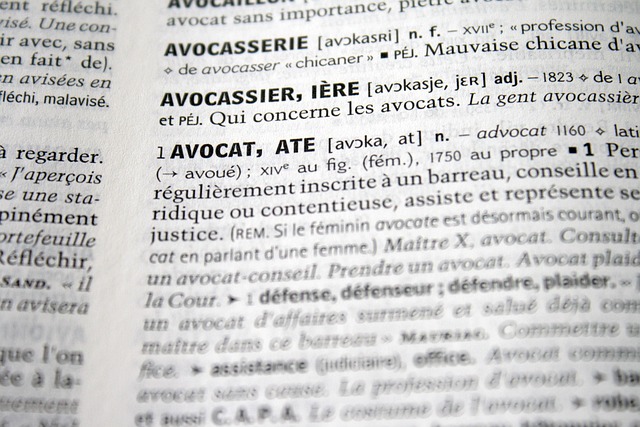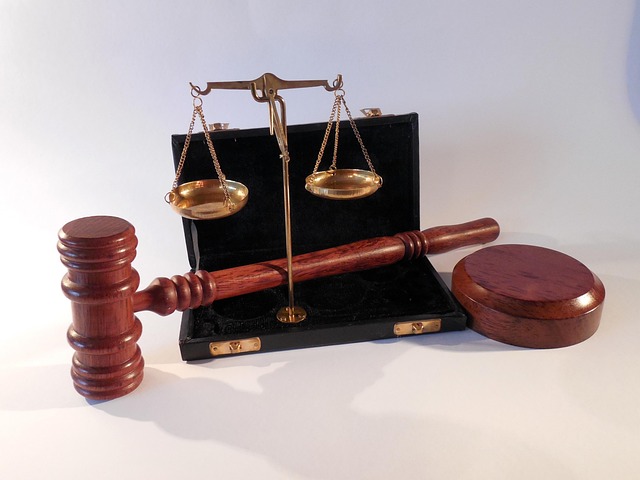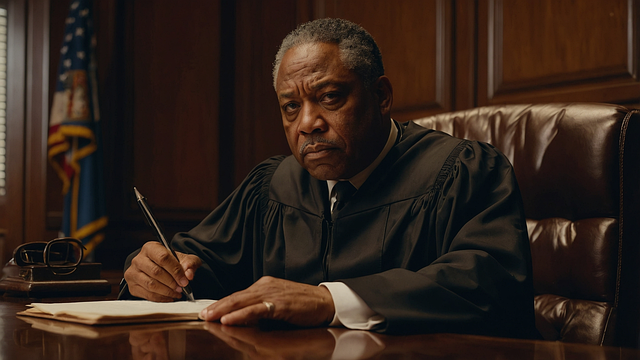Healthcare Compliance experts serve as key navigators in navigating complex medical regulations, ensuring adherence to laws and ethical standards. In the plea bargaining process, they facilitate negotiations between prosecutors and healthcare entities, aiming to reduce charges or mitigate sentences. These experts understand prosecutor strategies, focusing on evidence strength, sentence exposure, and cooperation, and leverage their knowledge to advocate for favorable outcomes. By employing strategic negotiations, they protect client rights while fostering improved compliance practices. In healthcare cases, effective plea bargaining is crucial for both parties, balancing legal merits with business impacts and ensuring fairness.
In the intricate landscape of healthcare, compliance experts play a vital role, ensuring institutions adhere to stringent regulations. This article delves into the world of these professionals and their crucial mission. We explore the `Prosecutor Strategies in Plea Bargaining` process, offering legal professionals a comprehensive overview. From understanding the expertise of compliance specialists to deciphering common challenges, this guide highlights best practices for successful plea bargaining. By navigating these strategies, healthcare entities can enhance their defensive posture.
- Understanding Healthcare Compliance Experts: Their Role and Expertise
- The Plea Bargaining Process: An Overview for Legal Professionals
- Prosecutor Strategies in Plea Bargaining: Negotiating with Healthcare Entities
- Common Challenges Faced by Compliance Experts during Plea Bargaining
- Best Practices for Effective Plea Bargaining in Healthcare Compliance Cases
Understanding Healthcare Compliance Experts: Their Role and Expertise

Healthcare Compliance experts are vital navigators in the complex landscape of medical regulations, acting as a crucial bridge between healthcare providers and legal frameworks. Their role involves ensuring that respective businesses adhere to an intricate web of laws, guidelines, and ethical standards governing patient care, data privacy, and operational practices. With deep knowledge of industry-specific regulations, these experts guide institutions through all stages of the investigative and enforcement process, offering strategic counsel on risk mitigation and compliance programs.
By leveraging their expertise, they aid in developing robust internal controls, conducting thorough audits, and implementing policies that safeguard not only legal requirements but also the interests of patients and healthcare providers alike. Their insights into prosecutor strategies in plea bargaining processes further empower them to negotiate favorable outcomes for institutions facing potential legal repercussions, even potentially advocating for a complete dismissal of all charges under specific circumstances.
The Plea Bargaining Process: An Overview for Legal Professionals

The plea bargaining process is a critical phase in criminal justice, allowing defendants to negotiate a lesser charge or sentence in exchange for pleading guilty. This strategic negotiation involves intricate interactions between defendants, defense attorneys, prosecutors, and judges. Legal professionals must understand this process, especially those specializing in white-collar defense, as it significantly impacts their respective business and client outcomes.
Prosecutor strategies in plea bargaining often focus on balancing the pursuit of justice with practical considerations. They evaluate factors such as the strength of evidence, potential sentence exposure, and the defendant’s willingness to cooperate. These strategies may involve offering reduced charges or sentences to encourage guilty pleas, saving both judicial and legal resources. This process is further influenced by the philanthropic and political communities’ interests, ensuring that resolutions are fair and proportional within the legal framework.
Prosecutor Strategies in Plea Bargaining: Negotiating with Healthcare Entities

In the plea bargaining process, healthcare compliance experts often find themselves at the negotiating table with prosecutors. These experts, skilled in navigating complex regulatory landscapes, play a pivotal role in representing healthcare entities during legal proceedings. The prosecutor strategies in such negotiations can significantly impact the outcome for both sides. Prosecutors, adept in understanding the intricacies of white-collar defense and general criminal defense, employ various tactics to secure favorable deals. They meticulously examine every detail of potential violations, considering all stages of the investigative and enforcement process.
By leveraging their knowledge of healthcare laws and regulations, these experts can advocate for reduced charges or mitigating factors. Effective communication and strategic negotiations are key; they help in forging agreements that not only resolve legal issues but also foster better compliance practices within the healthcare entity, ensuring a more robust and resilient defense mechanism moving forward.
Common Challenges Faced by Compliance Experts during Plea Bargaining

Compliance experts navigating the plea bargaining process often encounter significant challenges. One of the primary hurdles is understanding and countering prosecutor strategies designed to pressure defendants into accepting deals. These strategies, which can range from emotional appeals to legal technicalities, require a nuanced approach from compliance professionals. They must balance advocating for their client’s rights while considering the broader implications of the plea bargain on future regulatory compliance.
Unprecedented track records in negotiating favorable agreements are not uncommon among successful prosecutors, particularly in cases involving white-collar and economic crimes. This can make it difficult for defendants to navigate the process without expert guidance. Compliance experts must be adept at recognizing these strategies and employing countermeasures that align with legal ethics while protecting the defendant’s best interests. The intricate interplay between prosecutor tactics and compliance advocacy underscores the crucial role of these professionals in securing just outcomes, even amidst political and philanthropic scrutiny.
Best Practices for Effective Plea Bargaining in Healthcare Compliance Cases

In healthcare compliance cases, effective plea bargaining can be a game-changer for both prosecutors and defendants. The key to successful plea negotiations lies in strategic planning and mutual understanding. Prosecutors must adopt a balanced approach, considering not just the legal merits but also the potential impact on the respective business and its stakeholders. An unprecedented track record of achieving extraordinary results in similar cases can significantly influence the bargaining power of the prosecutor, ensuring that penalties are both fair and effective in deterring future non-compliance.
To achieve this balance, prosecutors should engage in open communication with defense counsel, seeking to understand the unique circumstances behind the violation. By demonstrating empathy and a willingness to reach a mutually beneficial agreement, prosecutors can avoid lengthy and costly trials while still securing meaningful penalties. This strategy not only benefits the healthcare organization but also reinforces the integrity of the plea bargaining process, fostering an environment where compliance is prioritized over profit.
The intricate dance between healthcare compliance experts and prosecutors during plea bargaining is a testament to the evolving landscape of medical regulatory affairs. By understanding the prosecutor’s strategies, as outlined in this article, compliance professionals can navigate these negotiations with greater finesse. Mastering the plea bargaining process is not just a game changer; it ensures fair outcomes while fostering a culture of ethical healthcare practices. Adhering to best practices will revolutionize how these cases are handled, ultimately enhancing the integrity of the healthcare industry.






